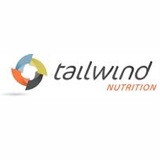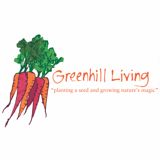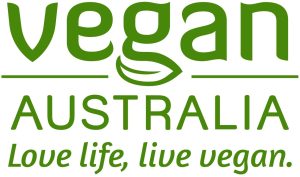The essential guide to protein for athletes
What is protein?
Protein is a macronutrient which is digested and absorbed used to speed up chemical reactions in our body, support immune function, transport nutrients and provide structure to bones, skin, hair, nails and for building muscle mass.
Chemically, protein is composted of amino acids known as the ‘building blocks’ because these individual units are assembled in ways to build proteins. Protein is made of carbon, hydrogen, nitrogen, oxygen and sulfur. There are 20 amino acids, of which nine are essential meaning they must come from your diet. Amino acids are strung together to make proteins…the ones you eat and the ones that are made by your body.
How much do we need?
As a society, including vegans we consume more than twice the amount of protein our bodies require. Contrary to what we read and are told, our body does not store excess protein in our muscles so be mindful of consumption, excess is stored as fat.
The exact amount varies according to your lifestyle, which includes any training demands and your goals surrounding nutrition and body composition.
It is recommended that a sedentary individual aim to consume 0.8g – 1.2g/kg body weight and if you have an intensive training schedule, which includes strength athletes looking to build muscle mass you might need to look at consuming up to 1.7g/kg body weight.
Why do we need protein?
- Building blocks for muscle development, re-synthesis and repair
- To assist in the uptake of carbohydrates to help replace muscle glycogen
- To promote a feeling of fullness and satisfaction
When do we need it?
Timing is everything when it comes to protein, especially if you are an athlete who requires this macronutrient post-workout. Research shows protein is best ingested along with carbohydrates, a ratio of 4:1 within a 30-minute window of completion of exercise.
What type of protein do we need?
People who associate meat with protein and protein with strength may think that eating a steak alone will help to build muscle. However this is only partly correct. Protein is a vital structural and working substance in all cells – not just muscle cells. To build strength, muscle cells need physical activity and ALL nutrients, not just protein.
Despite what we might be told, protein is found in other food items other than whey protein, milk, eggs and meat. Protein is also found in hemp, soy and pea protein, legumes, many grains and vegetables.
Does protein help us feel fuller for longer?
High protein foods are shown to help you feel more satisfied for longer therefore you are less likely to over eat.
In addition, high protein foods and meals also tend to have a low GI meaning that sugar from the meal is released into the blood at a more steady pace, reducing the risk of sugar cravings and energy slumps.
Eating a balanced meal, which includes carbohydrates, protein and fat offer a more sustainable form of energy, ideal components for your main meals.
Some protein sources are better than others
Yes this is true. Some protein sources provide a better spectrum of the essential amino acids than others but this doesn’t mean you can’t consume the complete spectrum but combining various food sources.
Tarian sources of protein
Next time you ask or get asked the question ‘where do you get your protein’ think about this post!











Leave a Reply